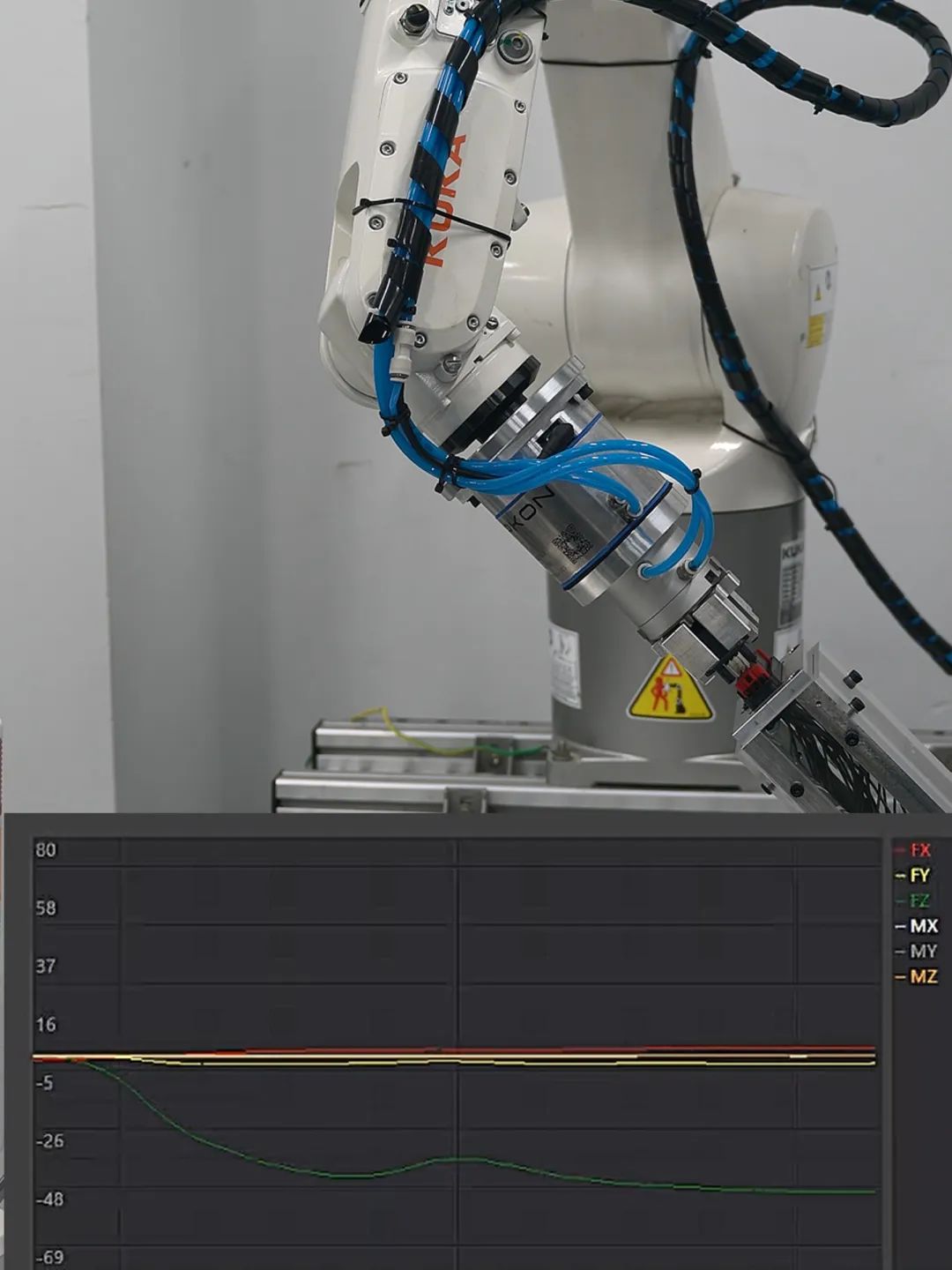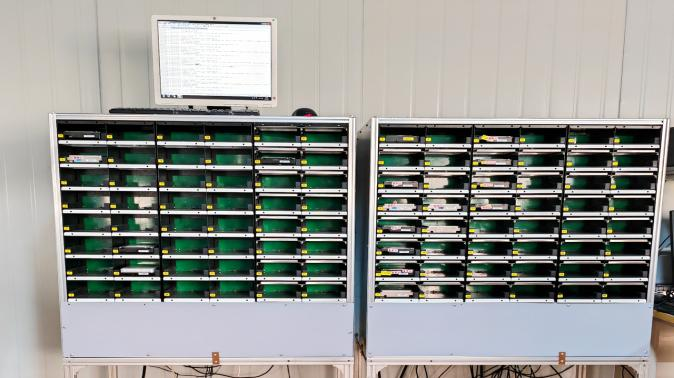When it comes to electronics, the importance of a reliable soldering iron cannot be overstated. Whether you're a seasoned professional or a hobbyist, the right soldering iron can significantly impact the quality of your work. But do you really need a special soldering iron for electronics? In this article, we will explore the nuances of soldering irons, their types, and the specific features that make them suitable for electronic applications.
Understanding Soldering Irons
Soldering irons are tools used to melt solder, a fusible metal alloy, to join electronic components together. The process involves heating the solder until it flows into the joint, creating a strong electrical connection. While the basic principle of soldering remains the same, the tools available on the market vary widely in terms of design, functionality, and suitability for different applications.
Types of Soldering Irons
- Basic Soldering Irons: These are typically inexpensive and easy to use. They are suitable for simple tasks but may not provide the precision required for intricate electronic work. Basic soldering irons usually have a fixed temperature and lack the ability to control heat, which can lead to overheating sensitive components.
- Temperature-Controlled Soldering Irons: These are a step up from basic models, allowing users to set specific temperatures. This feature is crucial for electronics, as different components require different soldering temperatures. For example, delicate components like surface-mounted devices (SMDs) can be damaged if exposed to excessive heat.
- Soldering Stations: For serious electronics work, a soldering station is often the best choice. These stations come with a soldering iron, a power supply, and a temperature control unit. They offer precise temperature settings, quick heat-up times, and often include additional features like digital displays and programmable settings. This level of control is essential for maintaining the integrity of sensitive electronic components.
- Desoldering Tools: While not a soldering iron per se, desoldering tools are essential for electronics work. They allow you to remove solder from joints, making repairs and modifications easier. Some soldering stations come with integrated desoldering capabilities, which can be a significant advantage.
Key Features to Consider
When selecting a soldering iron for electronics, several features should be taken into account:
- Wattage: A soldering iron's wattage affects its heating capability. For electronics, a soldering iron with a wattage between 20 to 60 watts is generally sufficient. Higher wattage allows for quicker heating and better performance on larger components.
- Tip Size and Shape: The tip of the soldering iron is critical for precision work. Smaller tips are ideal for intricate tasks, while larger tips are better for larger joints. Additionally, different shapes (such as chisel or conical) can be used for various applications.
- Temperature Control: As mentioned earlier, the ability to control temperature is vital. Look for soldering irons or stations that allow you to adjust the temperature to suit the specific requirements of the components you are working with.
- Ergonomics: Comfort is essential, especially during extended soldering sessions. A well-designed soldering iron with a comfortable grip can reduce fatigue and improve accuracy.
Do You Need a Special Soldering Iron for Electronics?
The short answer is yes, if you want to achieve high-quality results and maintain the integrity of your electronic components. While basic soldering irons may suffice for simple tasks, they lack the precision and control necessary for more complex electronics work. Investing in a temperature-controlled soldering iron or a soldering station can make a significant difference in the quality of your solder joints and the longevity of your components.
Conclusion
In conclusion, while it may be tempting to use a basic soldering iron for all your electronics projects, the benefits of a specialized soldering tool are undeniable. From temperature control to ergonomic design, the right soldering iron can enhance your soldering experience and improve the quality of your work. Whether you are a hobbyist or a professional, choosing the right tool is an investment in your craft. So, the next time you find yourself asking, Do I need a special soldering iron for electronics? remember that the answer is a resounding yes.




